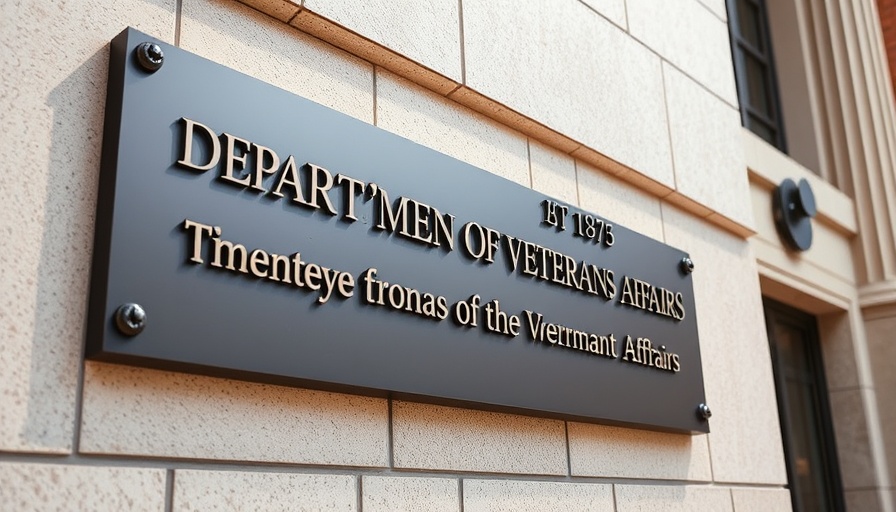
Unpacking DOGE's Modern Makeover at the VA
The recent moves by Elon Musk's Department of Government Efficiency (DOGE) at the Department of Veterans Affairs (VA) reflect a startling shift in the approach to government technology. The revelation that DOGE's operatives, including newcomers like Sahil Lavingia, are infiltrating the VA to push for AI-driven coding initiatives warrants scrutiny. These developments might seem like a benevolent leap into modernity, but questions loom about their implications for the agency tasked with serving around 10 million veterans.
The New Faces: A Risky Experiment?
At the heart of this shake-up are individuals whose backgrounds might raise eyebrows among seasoned VA employees. For instance, Lavingia, who once co-founded Gumroad, has quickly jumped into a role influencing VA systems despite lacking prior governmental experience. This trend appears across the DOGE team, raising concerns about their familiarity with the complexity and scale of the VA's operations.
Does AI Really Belong Here?
The push for using AI tools like OpenHands to rewrite VA code introduces an interesting yet contentious dialogue. While AI can undoubtedly streamline processes, the unprecedented access to vital systems by those unaccustomed to the nuances of public service could result in unforeseen challenges. This paradigm shift not only alters how the department functions but could also impact the quality of service veterans receive.
What’s at Stake?
The VA's role extends beyond mere administration; it supports veterans' education, healthcare, and benefits. The sudden involvement of tech-savvy entrepreneurs aiming for efficiency may overlook critical aspects unique to governmental needs. As the debate around AI's role in public service intensifies, stakeholders must ponder whether chasing technological advancements might compromise the very services these departments are designed to uphold.
 Add Row
Add Row  Add
Add 




Write A Comment